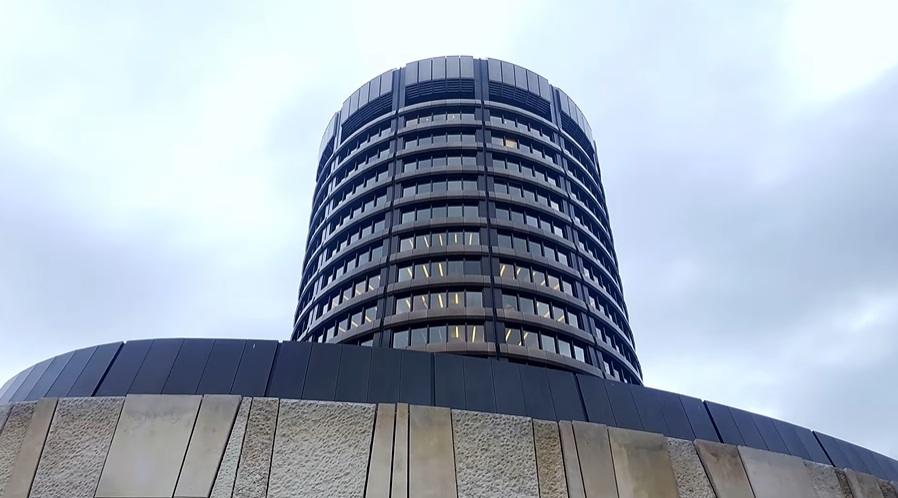
The Basel Committee on Banking Supervision, the core global authority for setting banking standards and policies, has unveiled a new framework for regulators to disclose climate-related risks by banks. However, under pressure from the US, the committee opted to make the framework voluntary, potentially diluting its original aim of a mandatory Pillar 3 disclosure framework for climate-related financial risks.
This announcement comes after an initial consultation on the proposed framework in 2023, as part of the committee’s strategy to address climate-related financial risks to the global banking system. Initially, it was intended to determine which elements would be obligatory and which would be subject to national discretion.
Recently, US regulators have reportedly resisted climate risk disclosures amid a broader move by the Trump administration away from climate-centred regulation. This includes the Federal Reserve’s earlier withdrawal from the Network of Central Banks and Supervisors for Greening the Financial System (NGFS), a global alliance working on climate and green finance issues.
In its announcement, the Basel Committee stated: “The Committee has agreed this framework will be voluntary in nature, with jurisdictions to consider whether to implement it domestically. The Committee acknowledges that the accuracy, consistency and quality of climate-related data are evolving, and therefore it is necessary to incorporate a reasonable level of flexibility into the final framework.”
The framework’s key requirements for adopters include disclosures on qualitative aspects detailing banks’ governance processes, controls, and procedures to monitor, manage, and oversee material climate-related financial risks. This includes how these risks influence banks’ business models, strategy, and decision-making, as well as methodologies for determining exposures to material physical and transition risks.
The framework also demands qualitative disclosures on exposures and financed emissions by sector, albeit with changes from the 2023 proposal. Crucially, a requirement to report on facilitated emissions from capital markets and financial advisory activities has been removed. Additionally, reporting on financed emissions has shifted from a blanket requirement across all 18 TCFD sectors to being conditional on materiality.
Advocacy groups have welcomed the framework’s release but criticised its voluntary nature. Belgium-based finance reform NGO Finance Watch described it as “one step forward, two steps back.”
Julia Symon, Head of Research and Advocacy at Finance Watch, commented: “In the 2023 draft, banks would have been required to disclose greenhouse gas emissions no matter what. In the final version, they only need to do so if they consider those emissions financially material, and different banks will define materiality in different ways. On top of that, the final standard drops all disclosures related to banks’ capital markets and advisory activities.
“We’re seeing one step forward, two steps back. As climate risks intensify, the momentum for coordinated action is fading. But climate change affects banks everywhere, and those banks are deeply interconnected. When one jurisdiction treats climate risks as optional, it raises financial stability risks for everyone.”




